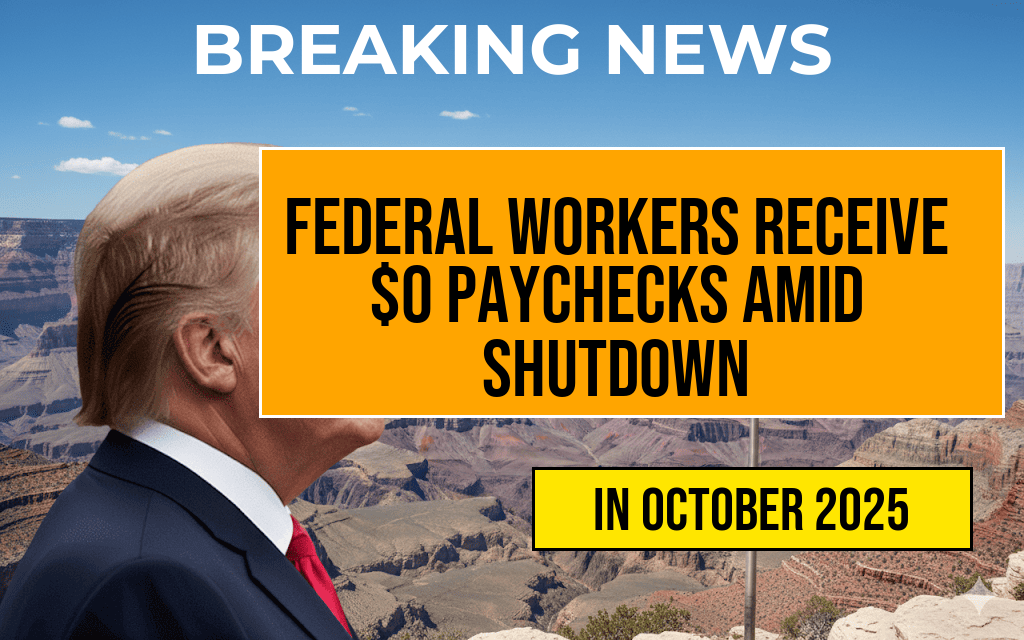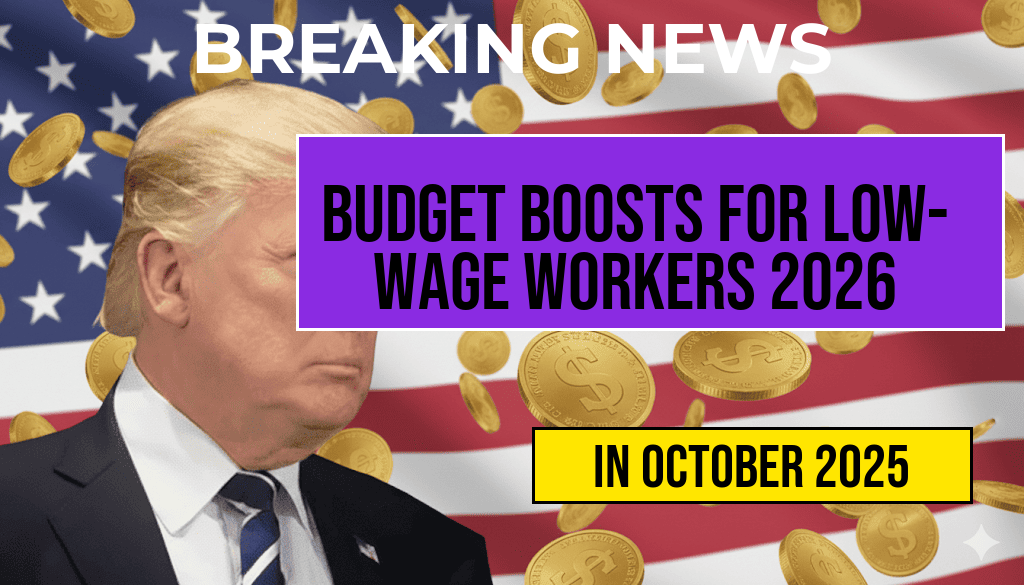As the federal government shutdown enters its sixth day, hundreds of thousands of federal workers are bracing for a harsh financial reality: $0 paychecks. The shutdown has disrupted operations across various agencies, leaving employees in limbo as they await resolutions. Meanwhile, the $8 billion Women, Infants, and Children (WIC) program, designed to support nutrition for vulnerable populations, is facing its own set of challenges. With funding sources dwindling, there are growing concerns about how long these critical services can continue amidst the ongoing shutdown.
Impact on Federal Workers
The shutdown has left approximately 800,000 federal employees without pay, causing significant anxiety and hardship for many households. These workers, who include those in vital services such as public health, law enforcement, and national security, are now grappling with the implications of delayed salaries. The situation is further complicated by the fact that many federal employees live paycheck to paycheck, relying on their earnings to cover basic expenses.
Financial Strain and Federal Assistance
With no clear end in sight for the shutdown, some federal workers are turning to financial assistance programs. Many have begun applying for unemployment benefits or seeking help from local charities and community organizations. The immediate financial strain is palpable, as employees report difficulty in meeting rent and mortgage obligations, purchasing food, and covering healthcare costs.
WIC Program Under Threat
Compounding the difficulties faced by federal workers is the uncertainty surrounding the WIC program. The initiative, which provides critical nutrition assistance to low-income women, infants, and children, is now at risk due to the ongoing shutdown. With funding running low, local WIC programs are bracing for potential cuts and service disruptions.
What Happens Next?
The WIC program is primarily funded through federal appropriations. As the shutdown drags on, WIC officials are warning that benefits may soon be limited or suspended altogether, affecting millions of families across the country. The potential impact of these changes is profound, as WIC serves approximately 6 million participants monthly, providing them with essential resources for healthy living.
Community Responses
Organizations and community leaders are stepping up to address the impending crisis. Food banks and local charities are mobilizing to ensure that families affected by both the shutdown and potential WIC disruptions can access food and nutrition resources. However, the capacity of these organizations is limited, and they are already facing increased demand.
How Can You Help?
- Consider donating to local food banks and charities that support families in need.
- Volunteer your time to assist organizations that are providing direct support to affected families.
- Stay informed and advocate for a resolution to the shutdown, urging elected officials to prioritize the welfare of federal workers and vulnerable populations.
Potential Solutions on the Horizon
While the current situation appears bleak, discussions are ongoing in Congress regarding potential solutions to end the shutdown. Lawmakers from both parties are under pressure to reach an agreement that addresses the needs of federal workers and ensures that programs like WIC remain funded. Negotiations, however, are complex, and the path to resolution remains uncertain.
Looking Ahead
The Federal Employees Union has been vocal in its demands for swift action, advocating for emergency funding to assist workers affected by the shutdown. As discussions continue, the voices of those impacted serve as a reminder of the human cost of political decisions. With each passing day, the urgency for a resolution increases, not only for federal employees but for millions of Americans who depend on vital services like WIC.
Conclusion
The federal shutdown is creating ripples of hardship throughout the country, with federal workers facing $0 paychecks and crucial programs like WIC at risk of suspension. As the situation evolves, the need for immediate action and community support becomes increasingly clear. For more information about the impact of the shutdown on federal workers and programs, visit Forbes or check the latest updates on WIC Works.
Frequently Asked Questions
What is causing federal workers to receive $0 paychecks?
The current shutdown has led to a suspension of pay for many federal workers, resulting in $0 paychecks as the government halts operations.
How long has the shutdown been in effect?
The shutdown is currently on its sixth day, impacting various federal services and employees.
What is the significance of the $8 billion WIC program?
The WIC (Women, Infants, and Children) program is a crucial lifeline for low-income families, and its funding is at risk as the government shutdown continues.
Are there any solutions being proposed for the federal workers affected?
While various proposals are being discussed, no immediate solutions have been implemented to ensure federal workers receive pay during the shutdown.
What should families relying on WIC do during the shutdown?
Families relying on the WIC program are advised to stay informed about funding updates and seek alternative resources for assistance during the duration of the shutdown.





